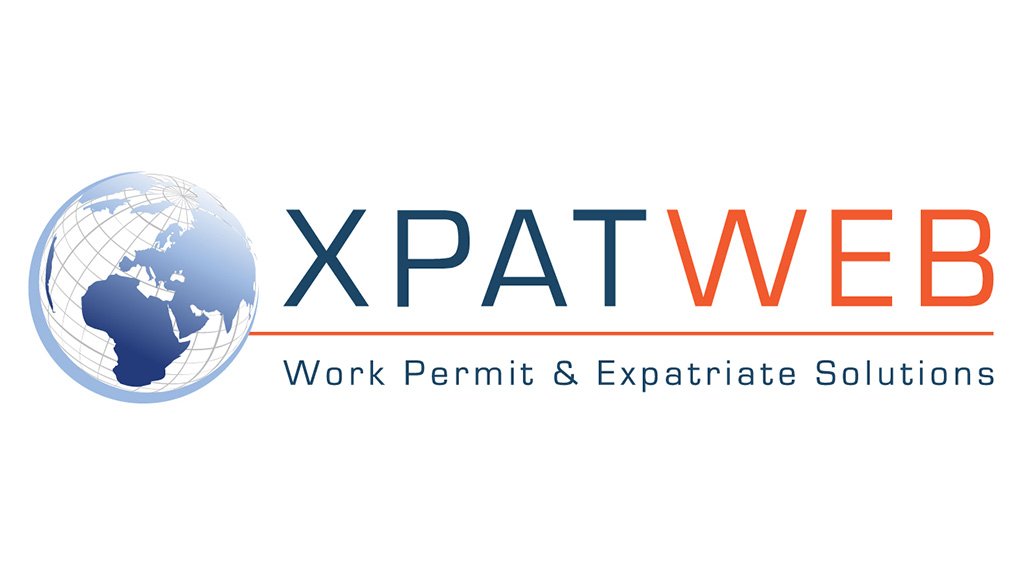The South African Immigration landscape is ever evolving. However, in the past 18 months, it has faced drastic changes that have compounded pre-existing issues and brought to light new hurdles within the Department of Home Affairs (DHA).
These hurdles, coupled with the slow integration of the immigration legislative reforms announced during the 2023 State of the Nation Address (SONA), have left many wondering how South Africa (SA) will attract foreign talent and curb its critical skills crisis.
The Bumpy Landscape
The main hurdle affecting the South African immigration sphere has been the ongoing backlog of visa applications and Permanent Residency permits within the DHA. This backlog has persisted since 2020 and reached a peak of over 60,000 applications in early 2023.
Unfortunately, despite the mitigation measures the Minister of Home Affairs, Dr Aaron Motsoaledi, has implemented, the backlog continues to persist, placing the DHA under undue strain. The subsequent ripple effect has been an increased number of rejections for trivial and unlawful reasons. The ratio of rejected visas to issued visas is heavily skewed towards negative outcomes – a trend that has surpassed anything observed in the last decade.
Additionally, the unpredictability of the visa application process has been compounded by some embassies and VFS offices pushing the boundaries of efficiency.
These hurdles have placed a spotlight on work visas, especially in light of the critical skills crisis in SA. However, during the 2023 SONA, President Cyril Ramaphosa announced several changes to immigration policies that should attract foreign talent to SA’s shores.
Enticing Foreign Talent Incentives
Amongst the proposed changes include the streamlining of application requirements and the introduction of a more flexible points-based system. Together, these two amendments could speed up the entry of qualified candidates.
Perhaps the most anticipated announcement, however, was that of a Trusted Employer Scheme. The TES aims to directly assist large businesses in bringing talent into the country by providing trusted employers with a predictable migration process. Additionally, the government has proposed shortened turnaround times for these applications.
The President further announced the introduction of a remote worker visa and a special dispensation for high-growth start-ups.
While these proposed immigration policy changes are yet to come full circle, Marisa Jacobs (Managing Director of Xpatweb) remains tentatively optimistic that these initiatives could bring welcome relief to the critical skills crisis.
Xpatweb’s esteemed annual Critical Skills Survey consistently showcases that over 70% of businesses indicate that an international search will assist in meeting critical business objectives. An update on, or insights into, the status of these amendments would go a long way toward easing the concerns of many South African businesses.
Much Needed Insights
While Jacobs has mentioned tentative optimism in the proposed amendments, she acknowledges that the correct implementation is key to ensuring success. She has also mentioned that the DHA still has a few hurdles to overcome and anyone navigating the current immigration landscape requires an in-depth visa application roadmap.
Phindiwe Mbhele (Acting Chief Director: Permits at the DHA) will be joining Marisa Jacobs at Xpatweb’s Global Mobility Breakfast on 31 August 2023. During the event, Mbhele will provide much-needed feedback on the status of the proposed changes to SA’s immigration policies.
Visit https://www.xpatweb.com/global-mobility-breakfast/ to register now.
Written by Marisa Jacobs, Managing Director at Xpatweb
EMAIL THIS ARTICLE SAVE THIS ARTICLE ARTICLE ENQUIRY
To subscribe email subscriptions@creamermedia.co.za or click here
To advertise email advertising@creamermedia.co.za or click here











